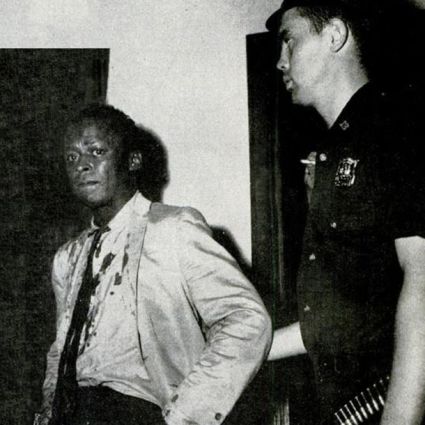Antisemitism is much in the news lately. So a big controversy continues over Dave Chappelle’s monologue on Saturday Night Live last week. I found most of his comments about Jews perceptive and funny. Others did not. You can read some excerpts and watch his full solo gig here; a verbal transcript is here.
Chappelle was really targeting the kind of phony socio-political correctness that informs the way we talk and think about matters racial. One commentator put it this way: “If Jews are on the receiving end of the jokes that forces this conversation, that is certainly uncomfortable, but it is also important, and not antisemitic.”
Well, Jewish humor often hits on the faults and foibles of their coreligionists. I’ve heard Italians privately do this too, and Chappelle often takes comedic whacks at black people. Who knows the in-group better than one of its members? Still, there’s the old saw that a lot of people still find true: It’s OK to joke about Jews if you are Jewish; otherwise it’s antisemitic.
As a secular Jew, I’ve often made fun of my people. It affirms my connection and the Jewish uniqueness. When outsiders do it we should look for the line between satiric humor and hate. This is usually not hard to find. The Reverend Al Sharpton used to dispense more than his share of loathing for Jews. Black folks let him get away with most of this repellent antisemitism.
Many negative comments about whites began in the “Crow Jim” era as some black jazz musicians protested against white attempts to play their music. In 1950s Chicago, friends of mine lived across the street from Elijah Muhammad’s Nation of Islam temple, home to his radical Crow Jim-ism. Meaning all things black would finally shake off the inferior white culture and escape its attendant evils. We used to watch these guys get into their black Cadillacs to go and play golf. We would talk with them without any discord. Black Power was both understandable and unachievable.
Today racial hypocrisy is very much on the rise. The old metaphors become dangerous: when was the last time you heard “calling a spade a spade”? But in a way that’s what Chappelle was trying to do. I watch a lot of CNN and sports channels. Almost every ad for every product now features black or brown people. It’s quite amazing. You could call it advertising’s guilty attempt to make up for years of excluding these folks. The obviousness of the gesture conveys its own crudity.
Chappelle made a couple of foolish statements in his monologue. He said that African Americans can’t be blamed for the Holocaust. Wake up, Dave, nobody’s doing that. It’s ridiculous to defend idiots like Kanye and Kyrie Irving but he did so while poking fun at them. Herschel Walker he finds “observably stupid.”
I think Dave wants to be an equal-opportunity comic, but it’s hard to do that these days. He made some great comments on Trump. Still, I tolerate his flaws because he’s perceptive and funny.


